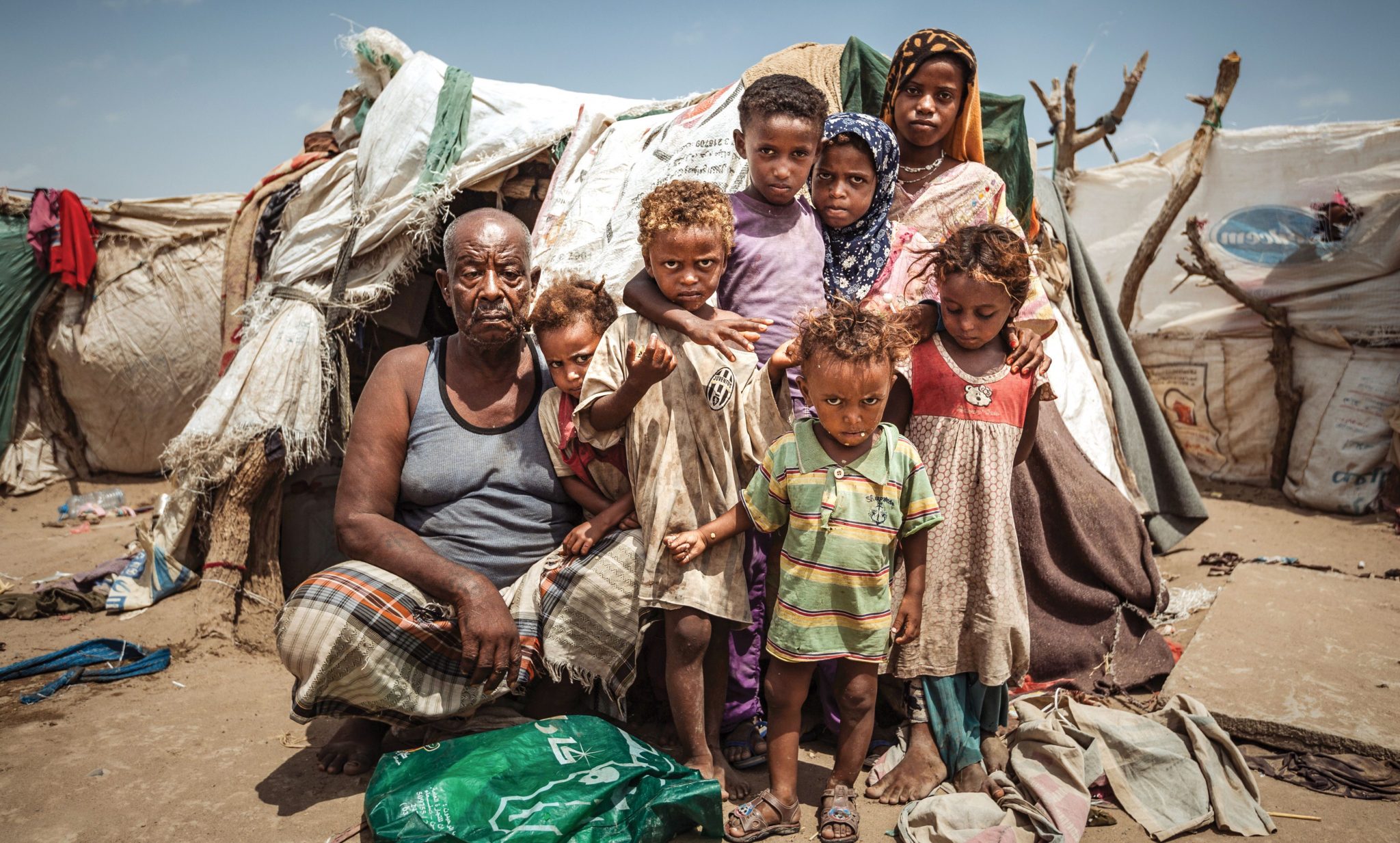
As the country heads into an eighth year of war, Yemen is considered one of the world’s largest and most complex humanitarian crises: debilitated basic services, a collapsed economy, an estimated 20.7 million people (more than two thirds of the population) in need—all amid escalating conflict involving numerous different actors. On March 16, the UN appealed to donor states for $4.3 billion in aid for Yemen. Donors coughed up less than a third of that request, with pledges—mainly from Western states—amounting to $1.3 billion. The United Arab Emirates and Saudi Arabia—top donors to Yemen in previous years—pledged nothing, while Kuwait pledged a surprisingly low $10 million. The UN’s humanitarian chief, Martin Griffiths, called the result “a disappointment.” The outcome is in stark contrast to Ukraine’s pledging conference just two weeks prior, considered the “fastest and most generous” response ever to a flash appeal. As the world’s attention is fixated on Ukraine, aid workers worry that it could draw resources away from other crises, such as Yemen.
From The New Humanitarian, March 18
Photo: OCHA





Ramadan ceasefire in Yemen
The Saudi-led coalition fighting the Houthi rebels in Yemen began a unilateral cease-fire on March 30 in recognition of the humanitarian crisis. The coalition cease-fire will overlap, at least for a week, with a separate cease-fire declared by the Houthis ahead of the start of Ramadan.
The coalition announced its cease-fire at a Yemen-focused conference in Riyadh, the Saudi capital, bringing together officials from around the Persian Gulf and representatives of the Yemeni government and allied factions—but not the Houthis. (NYT)
Political shakeup in Yemen
Yemen’s exiled President Abd-Rabbu Mansour Hadi ceded power to a presidential council on April 7 in a shock move supported by Hadi’s main backer Saudi Arabia. Houthi chief negotiator Mohammed Abdulsalam criticized the move as a farce and a “desperate attempt to restructure the ranks of mercenaries to push them towards further escalation.” (CNN)
New truce offers some hope in Yemen
It went down to the wire, but the UN announced June 2 that Yemen’s main warring parties have agreed to extend a two-month truce—set to expire the same night—for two more months. Aid groups, who reported “positive humanitarian impacts of the truce,” had been pushing hard for a renewal, but negotiations went long, with major differences between the sides proving hard to resolve. A key sticking point has been how to end a Houthi rebel siege around the city of Taiz, which has had little relief from fighting during more than seven years of war. Despite violations, however, the ceasefire has largely been a success. The number of civilians killed and injured reportedly dropped by 50%, while civilian flights have been taking off from Sana’a airport for the first time in years, and some fuel ships were allowed to dock at the port city of Hodeidah. (TNH)
Yemen truce extended again
The United Nations says Yemen’s warring parties have agreed to renew an existing truce for another two months—despite international pressure for a more extended deal. “This truce extension includes a commitment from the parties to intensify negotiations to reach an expanded truce agreement as soon as possible,” Special Envoy for Yemen Hans Grundberg said in a statement. (Al Jazeera)